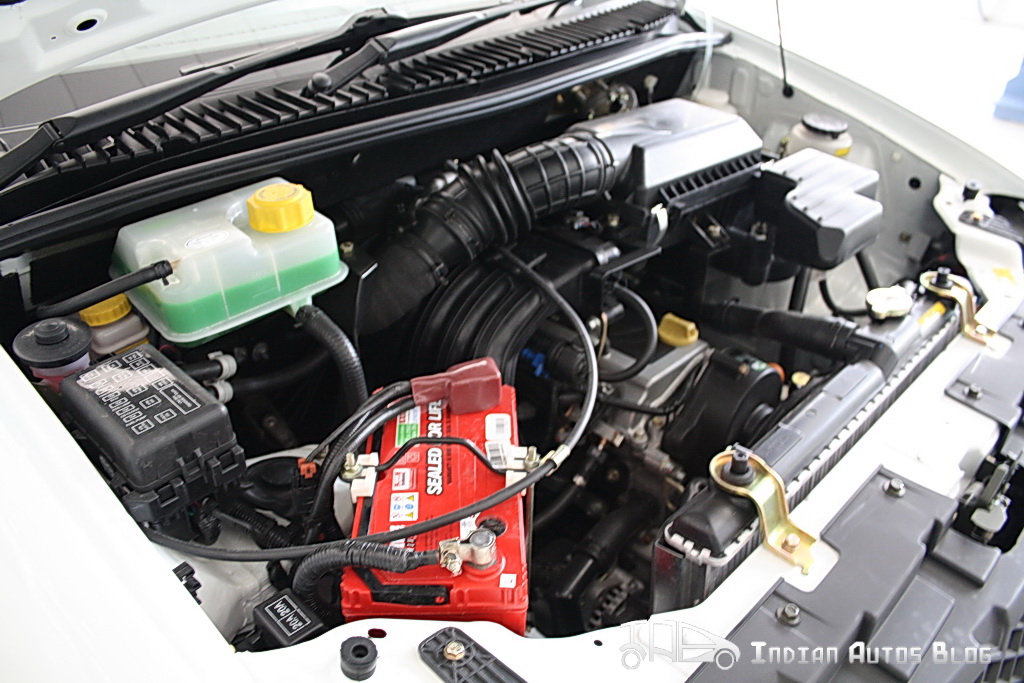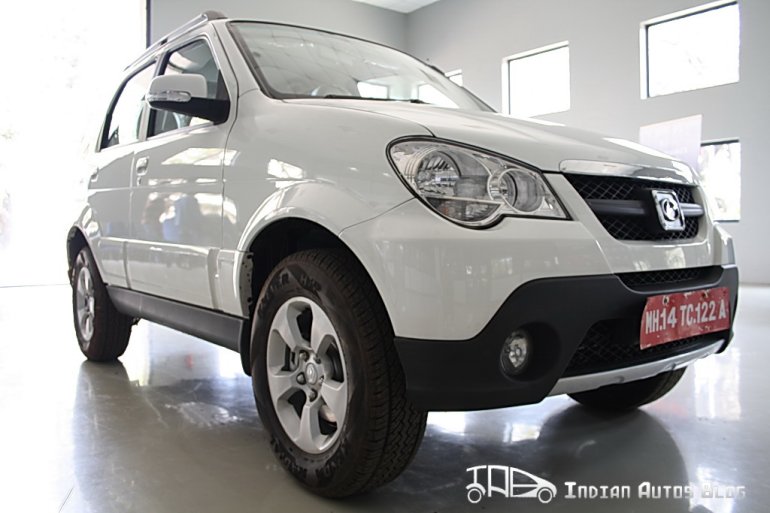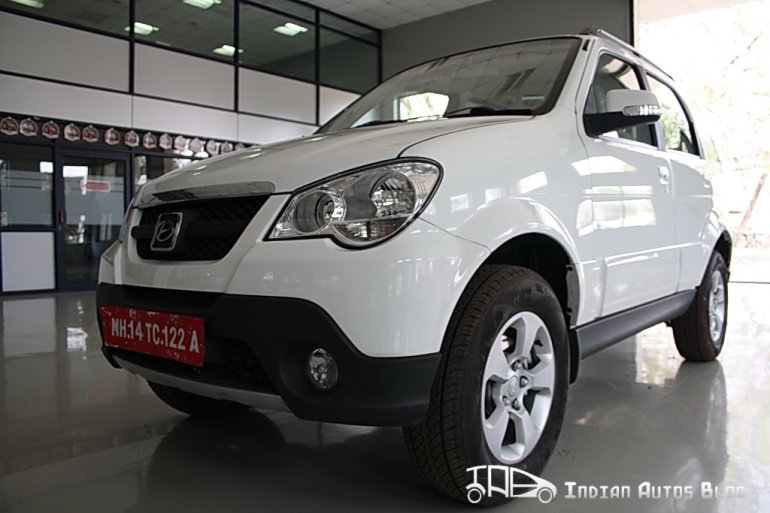 This is the true litmus test of any car. The Premier Rio+ may be aesthetically pleasing and has simple and basic interior. But it needs good drivability within city and on the highway for customers to adopt it. Although the demands may sound simple, it is actually the tallest order for any car.
This is the true litmus test of any car. The Premier Rio+ may be aesthetically pleasing and has simple and basic interior. But it needs good drivability within city and on the highway for customers to adopt it. Although the demands may sound simple, it is actually the tallest order for any car.
Has the Rio cracked it? Let’s find out:
What powers the Rio?
The biggest problem (that even management of Premier Auto admits) that the old Rio faced was a lack of BSIV complaint engine. The old Rio only met BSIII norms due to which it could not be sold in major cities which is the actual target market of the Rio.
After much development, Premier has finally managed to plonk a BSIV complaint petrol engine in the Rio and the Rio+. This engine is designed by AVL in India and delivers 75.5bhp @ 5800 rpm of power and 103 NM of torque @ 3500 - 4000 rpm to the rear wheels through a 5 speed manual box.
Crank the petrol engine, and you notice that the motor is quite silent. Put it in gear and you realize that the gear gates are wide. The possibility of mis-shifts and gear grinding is quite high. Even the throw of the gearstick is quite long. Lift the Rio on first gear and you notice that the clutch is light and easy.
The Rio+ does not provide any rapid acceleration in any gear combo. It is a sort of motor that does not like to be revved. It just dawdles along on the potholed and bumpy surfaces. The 205/70 R15 tubeless tyres do their job very well. The suspension is a bit on the stiffer side thus the Rio has less of body roll in the corners.
But the lack of eagerness to turns in the corners and a rather spongy brakes mean that this is not a fun-to-drive car. It is just a regular commuter that will take you from point A to point B.
If you thought that was disappointing, the diesel motor is yet to come.
The Premier Rio diesel is power by a Peugeot TUD5 motor which has a FGT turbo. As the motor is not BSIV compliant, it cannot be sold in major metropolitan markets. It generates 64.8 PS @ 4000 rpm and 152.0 Nm @ 2,250-3,000 rpm. This engine is very archaic. Key the engine and there is terrible shake in the body. It is noisy, lethargic, the vibrations are transferred inside and overall not a pleasant experience to drive.
Is it a good off-roader?
No, not really. City roads is where it belongs.
What about safety?
The only safety feature in the Rio is ABS.
My two biggest problem with the Rio are as follows:
- The diesel cannot be sold in Tier 1 cities. And the petrol can be a bit heavy on the wallet.
- The diesel is not refined or fun to drive. The petrol variant is slightly better in terms of drivability, but its performance leaves a lot to be desired.
Premier Auto is currently testing a Rio with a Multijet engine and I am really looking forward to it. This will solve the major niggle as the Multijet is BSIV complaint, a fuel sipper and rather fun to drive. The modern looking Rio+ certainly deserves a modern engine. Come April, that need will be addressed.
Only then we're afraid can Rio stand in the line with the big boys.
















